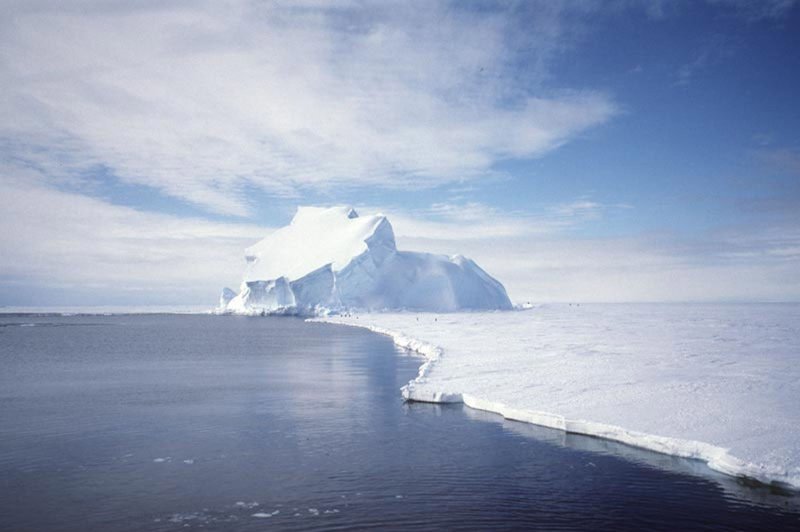Researchers say that a series of about 85,000 earthquakes occurred in the waters near Antarctica for a few months in 2020 near an underwater volcano. File Photo by Ben Holt Sr./NASA/UPI |
License Photo
April 27 (UPI) -- According to new research, scientists have discovered that a series of more than 80,000 earthquakes occurred about two years ago near a long-dormant underwater volcano in the sea off Antarctica.
The report published by an international team of researchers said the earthquakes -- which occurred mainly between August and November of 2020 -- were likely caused by a "finger' of hot magma penetrating slightly into the Earth's crust.
The researchers said that the collection of quakes was the strongest seismic activity ever recorded in Antarctica.
The two strongest earthquakes that occurred during the seismic stretch measured magnitudes of 6.0 and 5.9, the study says.
Simone Cesca, the report's lead author, is a seismologist at the GFZ German research Center for Geosciences in Potsdam.
"There have been similar intrusions in other places on Earth, but this is the first time we have observed it there," he told Live Science.
The paper said that the large collection of quakes, about 85,000, were the result of a rapid transfer of magma from the Earth's mantle to near the surface.
"During the second half of 2020, a swarm of at least 85,000 earthquakes occurred beneath the Bransfield Strait, a sea channel that divides the Antarctic mainland from the South Shetland Islands," Cesca wrote in a post titled, "Behind The Paper."
Cesca wrote that the Orca underwater volcano is "a large submarine shield volcano" that rises roughly 3,000 feet above the seafloor. It's named after the Orca whale, which is frequently seen in the region's waters.
The researcher also noted that performing a geophysical study at such a remote location is challenging because seismological and geodetic stations are sparse. Further, the amount of ice and the frequently cloudy weather cut down on the study potential.
"Data could not provide any direct evidence for an undersea eruption," Cesca wrote. "Only a future marine survey may be able to prove whether a submarine eruption took place or not."















